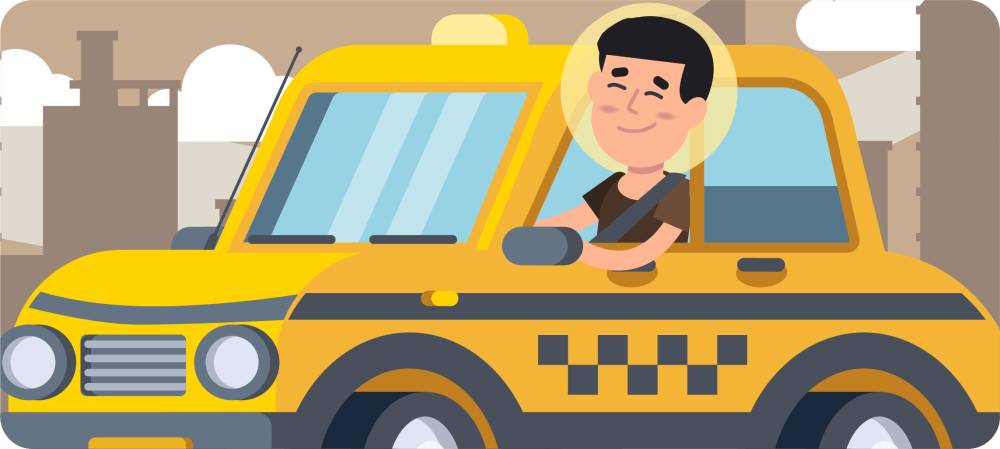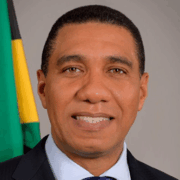How meditation can offer cab drivers a lifeline

Last month, while riding a taxi, I overheard the 71-year-old driver lamenting his meager earnings. He disclosed that in the past week, he had only earned P200 per day after deducting the operator’s “boundary” and gasoline expenses. This income fell far short of Metro Manila’s minimum daily wage of P645, leaving him feeling desperate. He poignantly remarked that a carpenter earned more for an eight-hour workday than he did for his 12-hour shift.
The decline of the taxi industry has been evident. One taxi company, which once boasted a fleet of 100 vehicles, had dwindled to just 20. Younger drivers sought better opportunities elsewhere, while the older drivers, many over 60, lacked alternative skills and clung to their familiar profession. This trend was mirrored across the industry, with some companies witnessing a similar decline from over 200 taxis to a mere two dozen.
Another cab driver attributed this downturn to the rise of Transportation Network Vehicle Services (TNVS), particularly motorcycle taxis. These services, he claimed, have disrupted the traditional taxi market, mainly among younger passengers who prioritized speed and convenience.
This week, I overheard another conversation between two taxi drivers. They discussed the looming uncertainty of their future as the Land Transportation Franchising and Regulatory Board (LTFRB) mandated fleet upgrades for franchise renewal. This requirement posed a significant challenge for many taxi owners and operators, potentially further exacerbating the industry’s struggles.
Underdog
We’ve all heard countless tales of the duplicitous passenger who charmed the cab driver. This passenger, claiming to be cash-strapped, would borrow a significant sum from the driver, promising to repay it after retrieving cash from their hotel room. However, the driver would be left waiting in vain, only to learn from security that the passenger would rush out of the same exit every time he alighted from the cab.
My sympathies often lie with the underdog. Perhaps this is why I prefer hailing a traditional, albeit ratty, cab with an aging driver over the smartphone-based taxi services. Though efficient, these services are often more expensive and carry the risk of driver cancellations.
Meter cab drivers face numerous challenges. Their flag-down rate was recently increased by a meager amount, while per-kilometer rates have remained stagnant for over a decade, despite the rising cost of fuel. The emergence of TNVS has intensified competition, further squeezing their margins. Some drivers lament the lack of support from their operators, while others acknowledge the financial pressures faced by their employers. Many struggle to make ends meet, spending long hours searching for passengers and barely affording basic necessities.
I realized that these drivers often lack a support system—moral and financial—to cushion the blows of their difficult circumstances.
Free meditation lessons
Since the pandemic, I’ve been offering free Raja Yoga meditation lessons to help people gain greater clarity and navigate their circumstances. An advantage of this practice is that it can be performed with open eyes, making it seamlessly integrable into daily activities such as walking, cooking, and even waiting in traffic.
The course comprises a series of lessons that explore the true nature of the self and guide individuals in communicating with the Divine. During the holiday season, I embarked on a small “advocacy” project, offering nuggets of wisdom to cab drivers to provide a glimmer of hope. I condensed the lessons into a brief session, emphasizing in Tagalog that constantly dwelling on the challenges of their profession–fewer passengers, reduced income, and limited work opportunities–would only perpetuate a cycle of negativity and further block opportunities.
Studies have shown that cultivating daily gratitude can significantly reduce anxiety and enhance resilience. When I encouraged the drivers to identify three things they were thankful for, their responses were often remarkably simple yet profound: waking up healthy and able to work, the absence of illness in their families, and the enjoyment of a simple meal or an affordable treat such as a P30 banana cue, a luxury for many. I also explained the principle that purity attracts wealth. The more they chase after money, the more elusive it becomes.
The practice of gratitude should be intertwined with cultivating the power of silence. To alleviate their burdens, I suggested that they dedicate time to quiet their minds, freeing themselves from the constant influence of money, people, and external situations. In this peaceful space, they can allow the healing power of the Divine to provide guidance and solutions.
This advice was particularly relevant to a septuagenarian driver I encountered. When feeling overwhelmed, I suggested that he pull over, cease overthinking, and reset his mind through a period of silence.
Karmic return
Over time, I realized that their current circumstances were often a reflection of their past actions. Many drivers acknowledged that their colleagues had squandered their earnings during the heyday of taxi dominance, while others admitted to snubbing passengers with challenging routes or overcharging them. This, I believe, was a form of karmic return–a reaping of what they had sown.
However, there were also stories of compassion and resilience. One driver recounted an instance where he helped an elderly woman carrying numerous boxes who was being rejected by other drivers due to the short distance and low fare. Despite the meager fare of P60, he transported her from Greenbelt to Ascott Makati, only to be unexpectedly rewarded with a generous tip of P20,000.
Another driver, a former overseas Filipino worker, owned his cab but primarily drove to keep himself occupied while managing his micro businesses. Two drivers had developed alternative income streams. One worked as a handyman and errand runner for a wealthy individual when not driving. The other had a loyal passenger, a frequent patron of cockfights, who generously compensated him for waiting during the games. This driver underscored his commitment to responsible financial management, stating he would never gamble his earnings.
Some drivers simply advised perseverance, urging their colleagues to remain patient, and confident that passengers would eventually hail them.





















